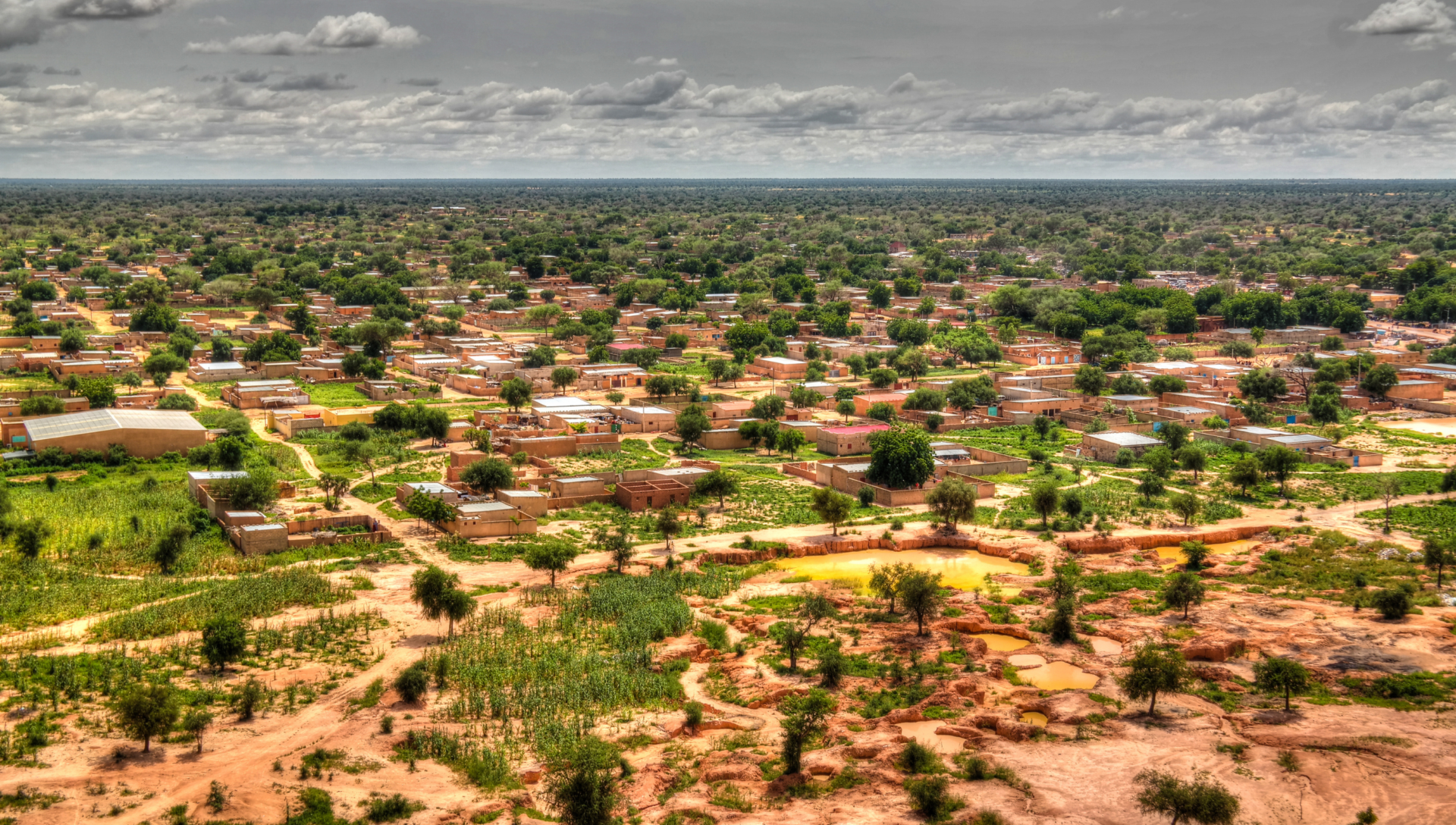
Addressing Gender-Based Violence in the Central Sahel
Armed conflict, climate change, food insecurity, and recent military takeovers have converged in the Central Sahel region—encompassing Mali, Niger, and Burkina Faso—generating high levels of insecurity and instability and manifesting a steep rise in forced displacement and humanitarian needs.
Women and girls in the region experience some of the highest rates of gender-based violence (GBV) globally. However, limited funding reaches them, and a range of barriers hinder access to GBV prevention, mitigation, and response programming. Local women-led organizations (WLOs) and women’s rights organizations (WROs) particularly face challenges with scaling their programming.
InterAction’s GBV Working Group rolled out a survey in 2023 to GBV practitioners in the Central Sahel to better understand these challenges, with particular attention to how U.S. government funding would be of most use. Approximately 100 experts representing locally-led organizations, international non-governmental organizations (INGOs), and U.N. agencies operating in the region responded to the survey. Notably, one-fifth of respondents represented WLOs, WROs, or local organizations.
Key Findings
Five key findings came through the survey that reflect the priorities of practitioners from the Central Sahel to more effectively address and channel resources into GBV prevention, mitigation, and response.
Violence against women and girls, as well as child, early, or forced marriage, were the two forms of GBV that increased most significantly. Respondents noted an overall hike in sexual violence among women and girls recently with a particular emphasis on child marriage. Local organizations were nearly twice as likely to report that child sexual abuse and intimate partner violence increased compared to INGOs, highlighting how women and girls often choose to report to local organizations that are rooted in the community.
Funding for GBV prevention, mitigation, and response is insufficient for the size and scope of the challenges in the region and is at risk of further cuts. Nearly half of respondents stated that the most significant challenge was an insufficient amount of funding. Respondents in Burkina Faso, plus local organizations and organizations operating in rural areas across each country, highlighted that this lack of funding inhibited GBV programming, particularly as these activities have been overshadowed by food insecurity and climate change rather than integrated across sectors. Additionally, 38% of respondents stated that one or more of their programs were at risk of being cut in the next year; this risk was reported at higher rates for local organizations (43%).
The key barriers to GBV programming, outside of funding, center around physical and social barriers to access. These challenges include organizations being unable to access affected populations due to security restrictions, as well as affected individuals being unable to access services because of social norms. More than three-quarters of local organizations (79%) and those that serve people with disabilities (78%) highlighted barriers to reaching affected communities. It is also evident that access is a critical challenge among both these types of organizations in Burkina Faso (74%) compared to Mali and Niger.
Food security and health programming were reported to be the most effective sectors to integrate GBV activities if the U.S. government was to award funding. While respondents from Niger ranked health as the most important sector, practitioners from Mali and Burkina Faso listed food security. Heightened levels of food insecurity have had detrimental effects on women and girls as 19% of respondents across all countries pointed to child marriage as a negative coping mechanism. Additionally, 21% listed survival sex to be able to eat and feed their families and 14% noted an increase in domestic violence because of food insecurity.
If the U.S. was to fund more standalone GBV programming, respondents ranked women and girls’ empowerment, prevention programming that includes men and boys, and GBV case management as the top three areas to invest in. Local organizations prioritized women and girls’ empowerment and case management as central areas for support, pointing to targeted opportunities for partnership and capacity building alongside INGOs and donors.
Recommendations
Several recommendations for humanitarian stakeholders came through these findings:
- Integrate GBV programming in the local context and enable women and girls to feed into project design and implementation, while also engaging men, boys, and LGBTQ+ individuals.
- Partner with local and women-led organizations to overcome access constraints and community trust obstacles.
The brief also contains recommendations for donors:
- Prioritize funding for GBV programming while providing incentives for organizations to integrate and require GBV risk mitigation and programming across other sectors, particularly food security and health.
- Provide support to local organizations through opportunities for direct funding or sub-awards, particularly for them to address heightened levels of child sexual abuse and intimate partner violence at the local level.
—
The full policy brief, found HERE, further outlines these findings and provides more recommendations on GBV programming in the Central Sahel.
For information or questions regarding the brief or InterAction’s GBV Working Group, please contact Caroline Zullo.








